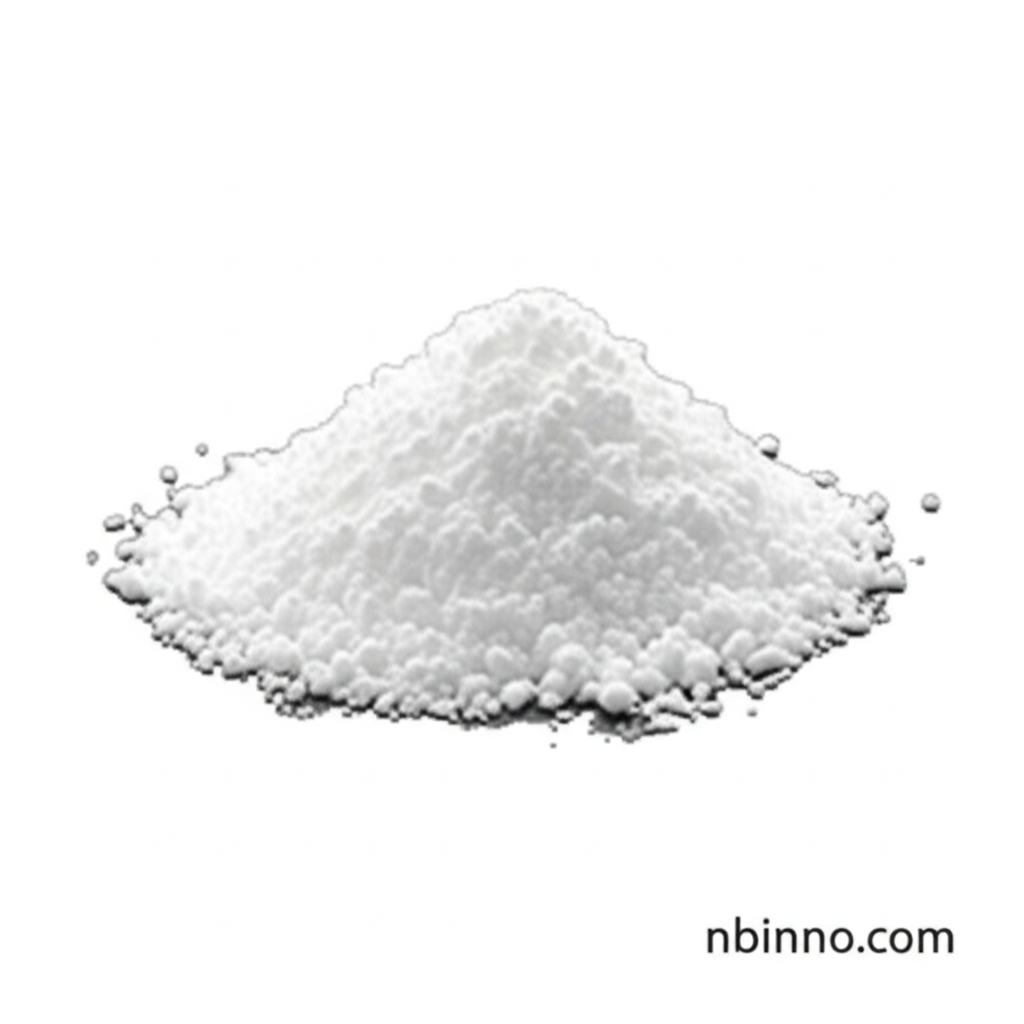Microcrystalline Cellulose: A Comprehensive Guide
Discover the essential properties, diverse applications, and manufacturing insights of this vital pharmaceutical and industrial ingredient.
Get a Quote & SampleUnveiling the Core Value of Microcrystalline Cellulose

Microcrystalline Cellulose (MCC)
Microcrystalline Cellulose (MCC) is a highly refined and versatile material derived from cellulose, widely recognized for its critical roles in pharmaceutical formulations, food production, and cosmetic applications. Its unique physicochemical properties make it an indispensable excipient, offering enhanced compressibility, superior binding capabilities, and excellent flow characteristics, which are vital for efficient manufacturing and effective drug delivery.
- Explore the uses of microcrystalline cellulose in tablets, understanding its impact on tablet hardness and disintegration.
- Delve into MCC properties and applications to grasp its full potential as a pharmaceutical excipient.
- Learn how is microcrystalline cellulose made, from raw materials to the final purified product.
- Understand microcrystalline cellulose as a binder and its contribution to the structural integrity of solid dosage forms.
Key Advantages of Utilizing Microcrystalline Cellulose
Enhanced Compressibility
MCC exhibits exceptional compressibility, enabling the formation of strong, stable tablets even under low compression forces, a critical factor in direct compression processes.
Superior Binding Capabilities
As a robust dry binder, MCC significantly improves the compactibility of powder mixtures, ensuring that formulations achieve optimal tablet integrity and are less prone to breakage.
Improved Flow Properties
With its excellent flow characteristics, MCC ensures consistent filling of tablet dies, leading to uniform tablet weight and reduced manufacturing variability, crucial for high-speed production.
Key Applications of Microcrystalline Cellulose
Pharmaceutical Formulations
MCC is a staple excipient, serving as a filler, binder, disintegrant, and glidant in tablets, capsules, and other solid dosage forms, enhancing the drug delivery process.
Food Production
Used as a thickener, stabilizer, and anti-caking agent, MCC improves texture and shelf-life in various food products, contributing to its role as a food additive.
Cosmetics Industry
In cosmetics, MCC acts as an abrasive, absorbent, and texturizer, enhancing the feel and performance of personal care products, demonstrating its value as a cosmetic ingredient.
Animal Nutrition
MCC serves as a technological additive in animal feed, improving digestion and nutrient absorption, showcasing its broad utility beyond human applications.
